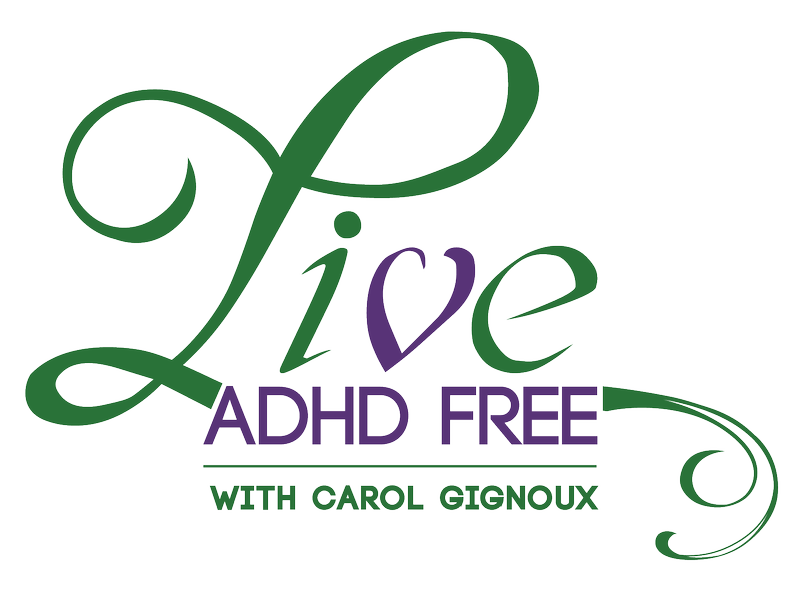Why ADHD coaching for students can promote positive change
In a recent post, I took things back to basics with a real look at how ADHD tends to manifest in students from elementary school through college. But there are solutions to the negative effects of students with ADHD. ADHD coaching for students can extend the student’s support system and reinforce positive behaviors.
Coaching ADHD students provides clarity and insights
ADHD Coaching for students begins by helping students understand how their brain operates. An ADHD brain operates in a different way as opposed to others. This helps them identify their strengths and use those strengths to compensate for their weaknesses. It all comes down to getting a wider perspective on problem solving. When something challenges the student—long assignments, relationship with a teacher, parental nagging, and so on—we empower the student to tackle the problem from a new angle. This allows for a cycle of success instead of frustration.
Flexible problem solving
This flexible problem solving teaches students to understand the science of how their rapid-fire brain works. They get to know what assets they can count on and which behaviors they are not ready to rely on. They learn the specific strategies that fit the way their brain works and how to adopt them. Another part of the coaching process is teaching the student how and when to use resources. By having a support system, they can become good advocates for themselves. They learn they are responsible for stocking their skill tool kits. They learn how and when to use these tools. These tools will serve them now and as they continue to adulthood. t
Academic improvement tips for ADHD students
These tips can help students with Innovator Brains to flourish:
Reduce the tendency of becoming bored or distracted in classes with attention improvement exercises.
Strategies to improve attention are as simple as sitting in the front row. That makes it harder for them to zone out. Work with teachers to encourage focus by making eye contact with students. Students can also benefit from reading the material to be discussed prior to the lecture. Teachers can them preface the lecture with questions for the student that will be answered. It sets an expectation for the student to pay attention and listen for those answers.
Increase recall of the lessons delivered in class by recording thoroughly.
Taking notes requires attention and recording of the subjects discussed. The best way to take notes is to read the material before the lecture and have questions ready. This helps the brain organize the information better. Many Innovator Brain students ind it helpful to compare notes with other students for a better summary of the lecture.
Practice patience in slow paced classes by getting involved.
A slow paced class can cause students to feel stymied and therefore lose interest. Because these students have a rapid firing brain, they can be many steps ahead of the teacher and other students. They may already have the answer! Giving these students, with mastery of a subject, a role in explaining the topic can deliver great results for all involved.
Preparing for exams by collaborating.
Most students, ADHD or not, delay studying for exams. Collaborating with other students to study is a great strategy. By adding a social element to the task, the Innovator Brain student will stop dreading studying and instead see as an opportunity to be a leader. In study sessions with discussion, everyone agrees on the material to study and will dig deeper into what the exam questions will cover.
Reading can become pleasurable by just reframing the task.
Change the task from reading 30 pages to seeking the answers to four or five detailed questions hidden within the text. Many textbooks include section recap questions like this, and even if the teacher doesn’t assign them, the student can use them as a guided reading tool.
Self-reliance in ADHD students
ADHD coaching for students isn’t just about helping them in elementary or high school. It’s about providing them to confidence to succeed in college and adulthood. Coaches work with the whole person: self-image, social skills, academic needs, relating to authority figures, and managing the emotions of adolescence. The better the student knows himself or herself, the easier all the other pieces fall into place. They learn how to finish their assignments on time, act with respect, and get along with students and teachers .
The goal is to enable them to be accepted into college and ready them for the independence of college. This means students have to prepare to manage their academic and personal responsibilities before college. So, this “handover” should begin sooner rather than later. I recommend their junior year at the latest. Our goal is to prepare students for life and academic independence so they can maximize their creative and problem solving abilities.
It’s time to get your student ready for college and the requirements of adulthood. Learn more about our College Prep Coaching today!
Will ADHD Affect Your or Your Teen’s College Success?
 College is a completely different world from High School. The level of stress is higher and the level of support can be lower. How well you or your teen manages ADHD symptoms and behaviors in this new environment can lead to college success, struggle, or failure. Take the ADHD and College Success Quiz to find out whether your or your teen’s ADHD management is at the level it needs to be to reach college success goals.
College is a completely different world from High School. The level of stress is higher and the level of support can be lower. How well you or your teen manages ADHD symptoms and behaviors in this new environment can lead to college success, struggle, or failure. Take the ADHD and College Success Quiz to find out whether your or your teen’s ADHD management is at the level it needs to be to reach college success goals.

